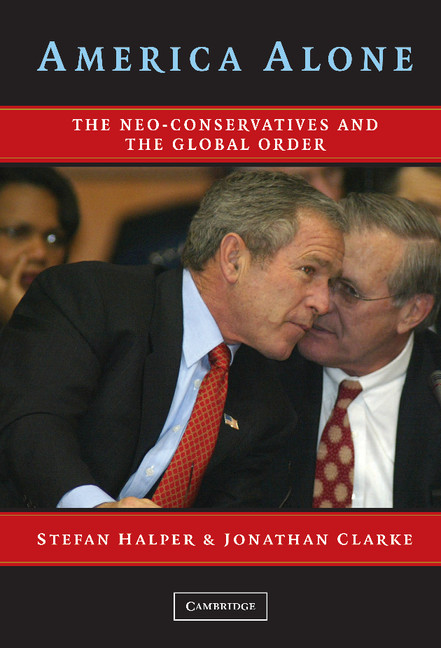

6)A commitment to arms must be a last resort. 5)Before a commitment is made, there must be "some reasonable assurance" of popular and congressional support. 4)As conditions change, whether the commitment remains in the national interest must be reassessed.

2)It should be made "wholeheartedly, and with the clear intention of winning." 3)Political and military objectives and the ways to meet them must be clearly defined.

forces to be sent into combat abroad:ġ)The commitment must be deemed vital to our national interest or that of our allies. To this end, he lists six cautions or tests for U.S. Rather, his commendable purpose is to ensure that American power, when it is used, will be used to good effect and that American lives will not be put at risk casually. His is no routine call to arms in the name of American global interests. Weinberger heads straight for the hard part - the "gray-area" Third World conflicts where the source and nature of the challenge are uncertain. FROM SECRETARY of Defense Caspar Weinberger comes a major contribution on the subject of a perennial dilemma of democratic policy: deciding when to use military power.


 0 kommentar(er)
0 kommentar(er)
